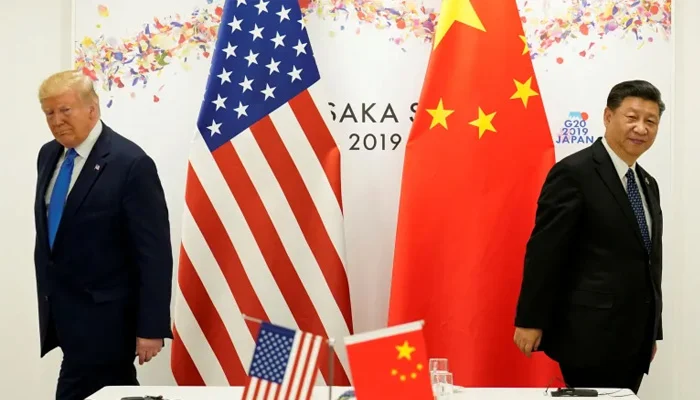Samsung Foundry Faces Setback as Qualcomm Chooses TSMC

Samsung Foundry has once again lost a significant opportunity to Qualcomm, with the Snapdragon 8 Elite Gen 2 chipset set to be exclusively manufactured by TSMC (Taiwan Semiconductor Manufacturing Company). This decision highlights the continued challenges Samsung Foundry faces in securing flagship projects, particularly in the competitive world of advanced processors.
TSMC Takes the Lead with Snapdragon 8 Elite Gen 2
Qualcomm’s choice to rely entirely on TSMC for its latest Snapdragon chipset underscores the importance of reliability in high-stakes manufacturing. While Samsung Foundry has made strides in stabilizing its 3 nm production and improving yield rates, TSMC’s proven track record and consistency offered Qualcomm the safer option. Samsung Foundry likely proposed aggressive pricing to secure the deal, but the decision ultimately favored reliability over cost savings.
Samsung’s Challenges and Ambitious Plans
Samsung Foundry has struggled with low yield rates throughout the year. However, it recently achieved stability in 3 nm production and is ambitiously targeting 2 nm chipsets in the near future. Additionally, Samsung has outlined plans to develop 1.4 nm chips by 2027, signaling its commitment to competing at the forefront of semiconductor technology.
Despite these advancements, the decision to bypass Samsung for the Snapdragon 8 Elite Gen 2 reflects Qualcomm’s cautious approach in maintaining the reputation of its flagship processors. With numerous flagship smartphones expected to feature the new Snapdragon chipset, Qualcomm prioritized reliability to meet demand and ensure performance standards.
Read: Ruben Amorim Discusses Wolves Clash and United’s Challenges
Potential for Future Collaboration
Samsung Foundry isn’t out of the running yet. It has the opportunity to prove its capabilities and potentially manufacture a portion of Qualcomm’s next-generation Snapdragon 8 Elite Gen 3. By successfully fulfilling orders from other clients and maintaining stable production, Samsung Foundry could rebuild trust and secure a slice of future Qualcomm projects.
Impact on Samsung Galaxy Series
The upcoming Galaxy S25 Ultra is rumored to feature the Snapdragon 8 Elite Gen 2, but this chipset comes with a significant price increase. As a result, Samsung may face rising production costs, potentially impacting the affordability of its flagship devices.
To mitigate these challenges, Samsung could consider shifting back to its in-house Exynos processors. With stabilized 3 nm production, a return to Exynos for the Galaxy S26 lineup could reduce costs and regain control over supply chain constraints. If Exynos remains unviable, Samsung may explore MediaTek processors or make compromises in areas like display and camera quality.
Samsung’s Path Forward
Samsung Foundry must balance its ambitions for cutting-edge technology with the immediate need to deliver consistent results.
Follow us on Google News, Instagram, YouTube, Facebook,Whats App, and TikTok for latest updates












